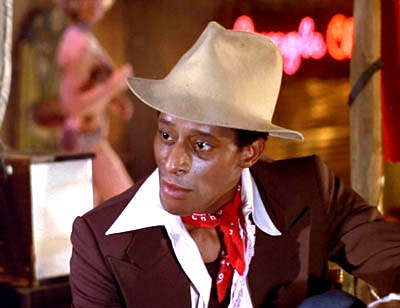Word On The Street
I've been rewatching The Wire lately, so when I saw an oral history of the show--All The Pieces Matter--in the library, I picked it up.
In it, one of the writers, Dennis Lehane, has an amusing story. He had to figure out how two of the cops would locate a CI (confidential informant) when they don't know where he is. And he suggests perhaps they run into another CI, ask him, and he says something like "oh yeah, that guy is in the soup kitchen on such and such."
Ed Burns, a former cop who co-created the show, couldn't stand anything that seemed like it had been used in countless bad network cops shows. So he says "In twenty years as Bal'more police, I never, not once, just happened to come across a CI who was conveniently in possession of the location of another CI. I mean, who is this guy, [F-word] Huggy Bear?"
Ah yes, Huggy Bear. That made me laugh. As a writer I've come across the Huggy Bear problem before. Perhaps you remember him. On the 70s TV show Starsky And Hutch, whenever they wanted to know the word on the street, they'd go to Huggy Bear who'd give them the latest. It's incredibly convenient for plot purposes, but ridiculous.
It's one thing for an informant to know, say, where people have been selling cocaine. But for him to say "there's a big shipment of cocaine coming in tomorrow night at this dock, and it'll be picked up by this gang" is absurd. Criminals might not be too smart, but they know enough to keep big crimes they're planning secret. The last thing they want is "word on the street" messing with their criminal conspiracy.
This makes it harder on writers, but that's as it should be. If it were so easy to pick up this information, the criminals would be too dumb to be worthy antagonists.


0 Comments:
Post a Comment
<< Home